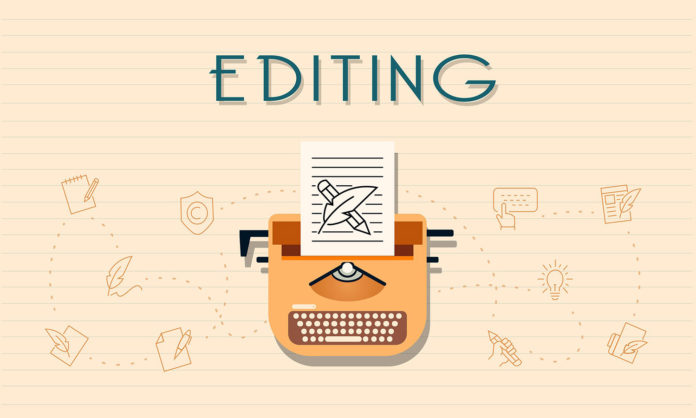
In a post on Writers in the Storm, Kris Maze offers advice on tightening your writing by cutting out the fluff words. “It’s tough to hear, but there are words that writers simply need to kill,” she says. “We can use these extra words sparingly, but only with the finesse that can wow the reader. Using filler words must justify the potential fluff factor with an unexpected twist or clever turn, or they shouldn’t be used at all.”
The fluffy culprits include:
- Vague words. Instead of using vague descriptors like some, thing, or stuff, use specific nouns.
- To be verbs and gerunds. “He was looking through the window and was talking to his partner on his cell” is a terrible sentence. Rephrase to make your writing more direct.
- Internalization. Cut instances where you tell the reader what your character is thinking and instead use internal dialogue or conversation to convey this information, if it’s needed at all. If you can you action, even better. Look for words like thought, felt, realized, and saw.
- Very and other unnecessary modifiers. Very almost never adds anything to your sentence. If your character is very tired, say exhausted instead. Modifiers like quite, rather, and really perform the same (useless) function.
- Adverbs. Used sparingly, adverbs are an efficient way to convey information that doesn’t require a long description. However, they can also become a crutch for lazy writing. Strong, descriptive language will pull your reader into the story.
- Never and Always. Absolutes like never and always limit your ability to create character and mood. Instead of saying your character “never” engages in a certain activity, explain why and what steps they’ll take to avoid it.
Maze suggests reading your story aloud to find these fluff words. Beta reading for other writers is another good way to hone your skill at finding fluff. For a quicker approach, the find-and-replace function in your word processing program will help.











